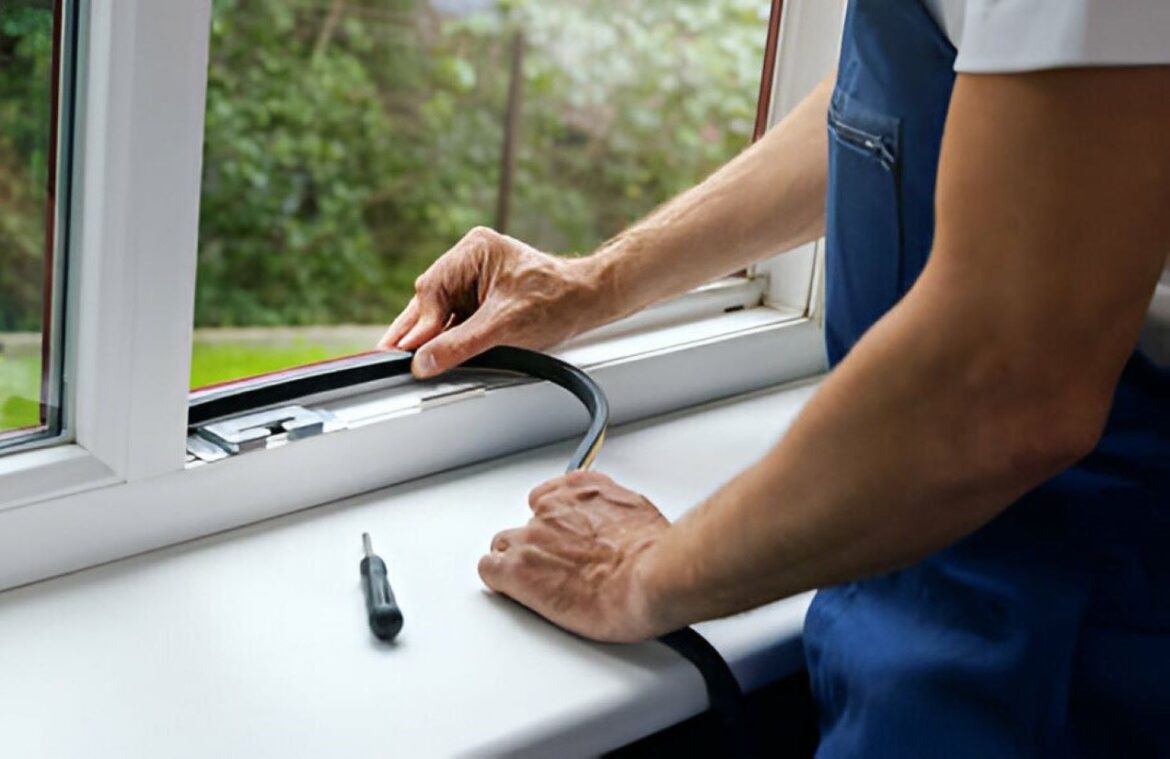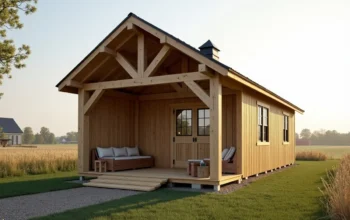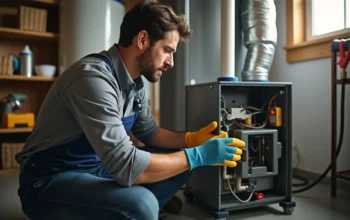
Energy-efficient windows play a pivotal role in enhancing home insulation, contributing to both comfort and energy savings. As key components of a home’s thermal envelope, these windows go beyond mere aesthetics to actively regulate indoor temperature and reduce energy consumption.
This article explores the various ways energy-efficient windows impact home insulation, highlighting their importance in creating a more comfortable and sustainable living environment.
Contents
Reducing Heat Transfer
Energy-efficient windows significantly minimize heat transfer between the interior and exterior of your home. These windows use multiple glass panes with insulating gas fills to block thermal transfer. This design helps maintain warmth in winter and coolness in summer.
Advanced low-emissivity (low-E) coatings on these windows further enhance their insulating properties. These microscopic metallic layers reflect infrared light, reducing radiant heat transfer without compromising visible light transmission.
By minimizing heat gain in summer and heat loss in winter, energy-efficient windows help maintain a consistent indoor temperature, reducing the workload on your HVAC system.
Preventing Air Leakage
Air leakage is a significant contributor to poor home insulation, and energy-efficient windows excel at addressing this issue. Built with advanced seals and weatherstripping, these windows reduce gaps and drafts. Their tight seal improves temperature control and energy efficiency.
Modern energy-efficient windows often feature multi-point locking systems that ensure a snug fit when closed. This enhanced sealing not only improves insulation but also reduces outside noise penetration.
By preventing air leakage, these windows contribute to a more stable indoor environment and help maintain the effectiveness of your home’s overall insulation system.
Enhancing Comfort and Reducing Cold Spots
Energy-efficient windows play a crucial role in eliminating cold spots near window areas, a common issue with older, less efficient windows. These windows provide better insulation for consistent indoor temperatures. This improves comfort and reduces the need for extra heating in winter.
The elimination of cold spots also helps prevent condensation on window surfaces. Condensation can lead to mold growth and damage to window frames and surrounding areas.
By maintaining a more consistent surface temperature, energy-efficient windows contribute to a healthier indoor environment and protect your home’s structural integrity.
Complementing Other Insulation Efforts
Energy-efficient windows work in tandem with other insulation measures to create a comprehensive thermal barrier for your home. Wall and attic insulation matter, but inefficient windows weaken a home’s thermal barrier. Upgrading to energy-efficient windows ensures a seamless insulation strategy.
These windows complement insulation in walls and roofs by providing consistent performance across all exterior surfaces. This synergy results in a more balanced and efficient thermal management system for your home.
When combined with proper insulation in other areas, energy-efficient windows help create a well-rounded approach to temperature control and energy conservation.
Long-Term Energy Savings and Environmental Impact
The impact of energy-efficient windows on home insulation translates directly into long-term energy savings. By reducing the workload on heating and cooling systems, these windows contribute to lower energy bills year-round. The initial investment in energy-efficient windows often pays for itself through reduced energy costs over time.
Moreover, the improved insulation provided by these windows has a positive environmental impact. Reduced energy consumption means lower greenhouse gas emissions associated with heating and cooling your home.
By choosing energy-efficient windows, homeowners not only benefit from improved insulation and comfort but also contribute to broader sustainability efforts.
Conclusion
Energy-efficient windows are integral to effective home insulation, offering benefits that extend far beyond simple glass panes. These windows reduce heat transfer, prevent air leaks, enhance comfort, and boost energy savings, making homes more sustainable.
As technology advances, their impact on insulation grows, making them essential for improving energy efficiency and comfort.



